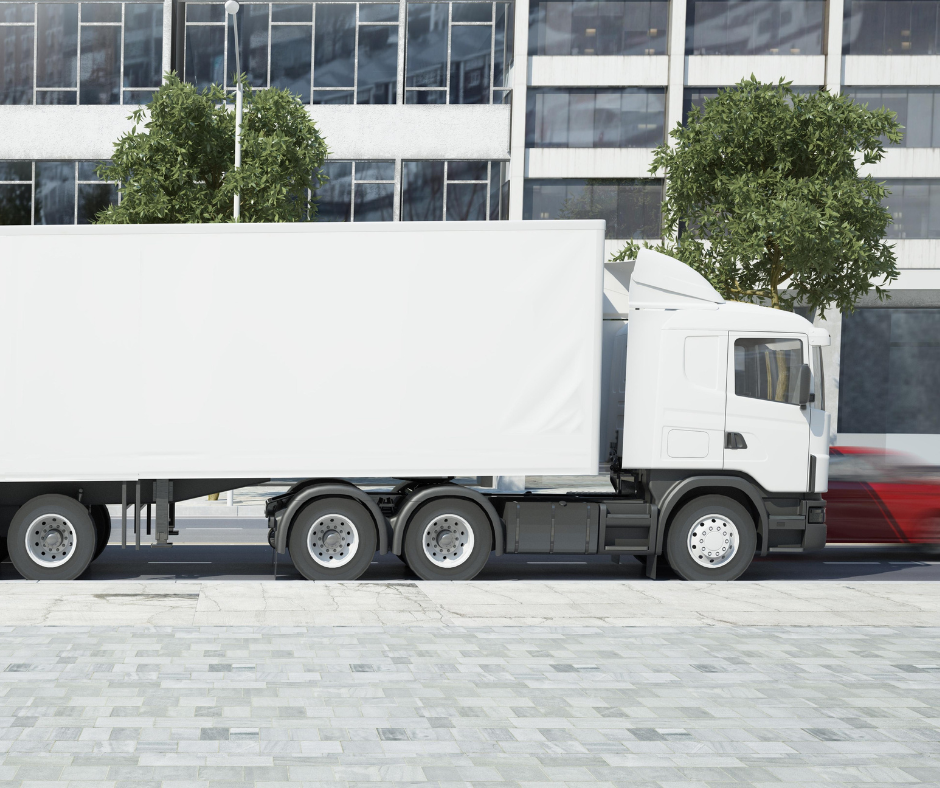
How Will Self-Driving Trucks Affect the Moving Industry
Not so long ago, the idea of self-driving vehicles and artificial intelligence seemed like pure science fiction. However, today, technological advancements have made these concepts a reality. As industries across the globe undergo significant transformations, it’s essential to consider how these changes will impact specific sectors. For UK-based removals companies, a crucial question arises: How will self-driving trucks affect the moving industry? What does the future hold for professional moving and logistics companies in the UK if autonomous vehicles become commonplace?
The Current Landscape in the UK
Believe it or not, self-driving trucks are no longer a distant dream. Companies worldwide are heavily investing in this groundbreaking technology, and the UK is no exception. With each passing day, new technologies are being tested, and legislative changes are being considered to accommodate this revolution. The reality of self-driving trucks on UK roads is drawing closer.
While some in the removals industry may be excited about the potential benefits, others may view this development with concern. Understandably, there are mixed feelings about the impact of autonomous trucks on the moving industry. However, it’s essential to weigh the advantages and potential drawbacks. Here’s how self-driving trucks could reshape the moving industry:
- Increased productivity
- Improved fuel efficiency
- Reduced operational costs
- Less congestion on motorways
On the flip side, the introduction of self-driving trucks could lead to job losses, which is a legitimate concern for many. Before jumping to conclusions, let’s delve deeper into the subject.
Key Players in the Autonomous Trucking Race
The race to develop self-driving truck technology is heating up, with several key players making significant strides. While the focus of much of this innovation has been in the US, companies are making headway across Europe and the UK. Here are some notable competitors in the autonomous trucking arena:
- Daimler
Daimler, the parent company of Mercedes-Benz, was one of the first to explore the concept of self-driving trucks. Since 2014, they have been testing technologies that include a safety driver and truck platooning. Daimler’s ongoing plans include furthering their research in automated truck technology. - Waymo
A subsidiary of Alphabet (Google’s parent company), Waymo has been a leader in the field of autonomous vehicle technology. Although most of their testing has occurred in the US, the implications of their work extend globally, including the UK. - Tesla
Known for their innovative approach to electric vehicles, Tesla entered the self-driving truck race in 2017. Their semi-autonomous system, similar to the one used in their cars, is designed to control acceleration, braking, and steering. While Tesla’s work is primarily US-based, it sets a precedent that could influence developments in the UK. - TuSimple
TuSimple has gained attention with their advanced camera-based systems, which they believe offer superior detection capabilities over traditional laser-based systems. Although their operations are mainly in the US and China, their technology could eventually impact the UK market.
Why UK Moving Companies Should Embrace Autonomous Trucks
While it’s natural to be apprehensive about how self-driving trucks might affect the moving industry, it’s important to remain open-minded. Here are five compelling reasons why removals companies in the UK should embrace this technological shift:
- Government Regulation and Support
The UK government is already exploring the legal framework required to support the introduction of self-driving vehicles. This includes considering the safety, ethical, and logistical aspects of operating autonomous trucks on British roads. - Experience and Skill Still Matter
Driving a heavy-duty truck requires a unique skill set that cannot be easily replicated by software. While AI technology is advancing rapidly, it will take time before it can fully replace the experience and reflexes of seasoned drivers, particularly in challenging driving conditions such as narrow country lanes or adverse weather. - Human Presence Remains Essential
Most companies testing self-driving technology are focusing on automating specific aspects of the journey, such as motorway driving. However, a human presence will still be required to oversee operations, especially in more complex scenarios. - Autonomous Trucks as Driver Assistants
The goal of self-driving technology is not to eliminate drivers but to assist them. Automation can enhance safety features like collision avoidance, stability control, and lane departure warnings, making long-distance journeys safer and more efficient. - The Scale of the UK Removals Industry
The removals industry in the UK is extensive, with thousands of businesses relying on skilled drivers to operate their fleets. It will take years, if not decades, for self-driving trucks to make a significant impact on this sector. In the meantime, there will still be a need for human drivers and traditional trucking modes.
Conclusion
The introduction of self-driving trucks is poised to bring about substantial changes in the UK removals industry. While the transition to autonomous vehicles may take time, it’s crucial for removals companies to stay informed and prepared for the future. Embracing these advancements can lead to increased efficiency, safety, and competitiveness in an evolving market.





